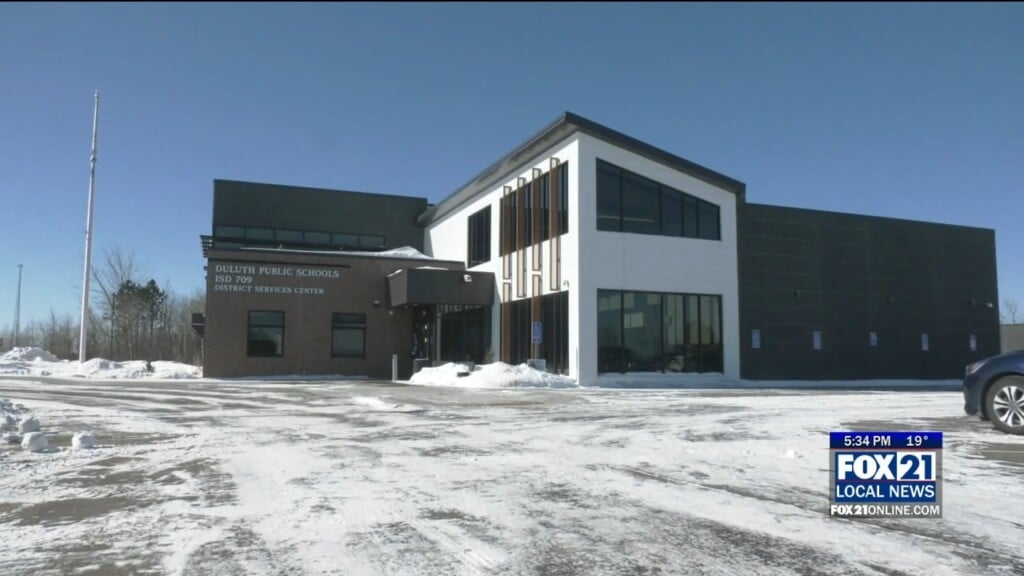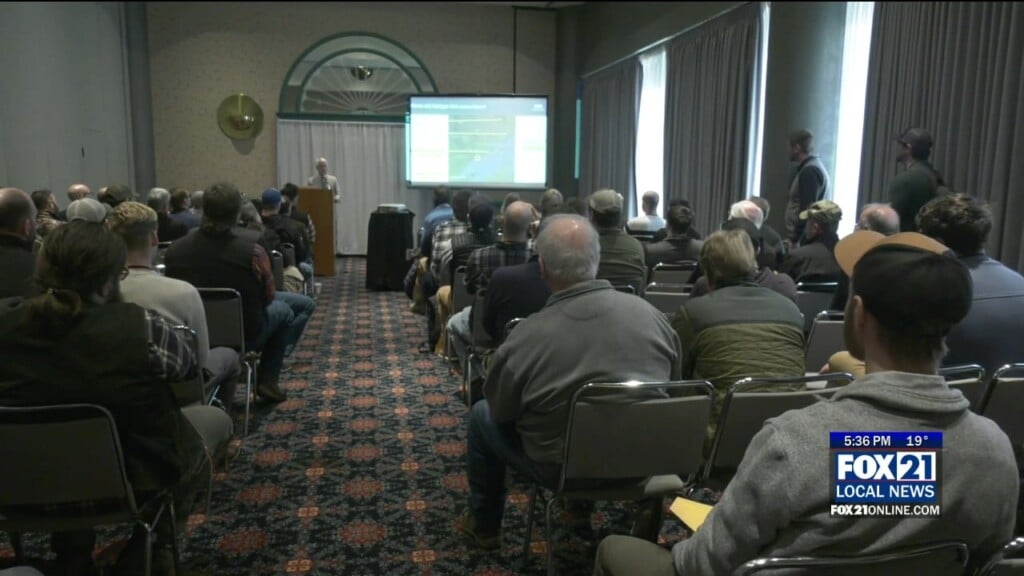Governor Walz Raises Concerns Over Rising COVID-19 Cases in Care Facilities
DULUTH, Minn.– As COVID-19 cases continue to climb in Minnesota, the increase is starting to impact people living in group homes and assisted living facilities.
Governor Walz has spent all week emphasizing the need to follow social distancing and health department guidelines. And now he says that need is even greater as the raging pandemic is crippling the most vulnerable and those who care for them.
Nursing homes avoided seeing a spike when cases began to rise up in late September but are now feeling the surge.
“It’s very dangerous with COVID-19. And the behaviors that we exhibit impact them,” said Walz.
From the beginning of October to the end of November, new cases in the general population and those in long term care increased by 400 percent.
The governor adds that an increase in cases across the state means less people who are able to care for those most vulnerable.
“The crisis starts to become is, ‘what happens when everybody in a care facility is not there to work? What happens to the people that are living there?’ These are our parents, they need someone there to be able to care for them,” said Walz.
Compared to the rest of the country, Minnesota ranks 31st in resident cases and 27th in deaths averaged out per every 1,000 residents.
Back in May, the governor unveiled a five point plan to protect care facilities. That included increased testing, PPE, and ensuring enough staffing is available at each site. MDH worked with more than facilities across Minnesota.
Now, the state is working with nearly 60 facilities that are in a staffing crisis, impacting not only them, but the families of their residents.
“We knew that all of the effort put into keeping covid-19 from spreading in these facilities, those efforts that we put into expanding safe visitation policies,” said Jan Malcolm, Commissioner of the Minnesota Department of Health. “That effort could be undermined by continuing out of control community.”
The Minnesota National Guard is also stepping in to help. Over 250 National Guard members are being trained by medical professionals with approval from MDH to help serve in facilities that are understaffed,with more troops on the way.
Walz has been having conversations with health care facilities and with those at the federal level for vaccine distribution plans. He says more information on that will come next week.






